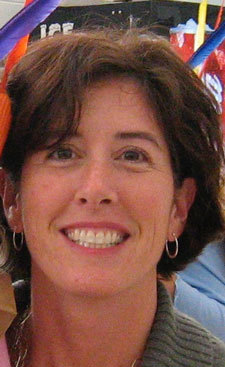Act 1 Scene 1
If one needs to be an expert in everything to be able to make a decision, a conversation about dinner might go something like this:
Husband: “What do you want to make for dinner?”
Wife: “I don’t know. I’m not a chef. How could I possibly know what to do with this food! What do you want to make?”
Husband: “I’m not a chef either. Since we aren’t chefs, what should we do with all our groceries?
Wife: “I don’t know, I’m not a grocer.”
Hours pass in stumped silence. Groceries begin to spoil as the conversation wears on.
Husband: “I’m really getting hungry; should we go out to eat?”
Wife: “That might work. But I’m not a professional race car driver, so I can’t drive.”
Husband: “Right, me neither.”
Days pass. Groceries rot. Starvation ensues.
The End
At last night’s State of the Union President Obama mercifully addressed the climate change deniers’ beloved cop-out line: “I am not a scientist.” He points to the obvious fact that one does not need to be a scientist to make informed decisions. To make a decision, the President, or anyone, can talk with scientists, examine their data, compare the peer reviewed papers and create educated solutions. In other words, people can and should make decisions based on evidence provided by experts in the field.
This is where the importance of data literacy becomes obvious. An educated person should be able to examine and evaluate scientific data and form an accurate understanding of at least the basic trends.
On a larger level, people must feel comfortable evaluating statements made by their elected representatives and disagreeing when they see flaws in their logic.
All students need to be learning how to have those conversations rather than shrugging off the responsibility of citizenship with the statement “I’m not a scientist”.

